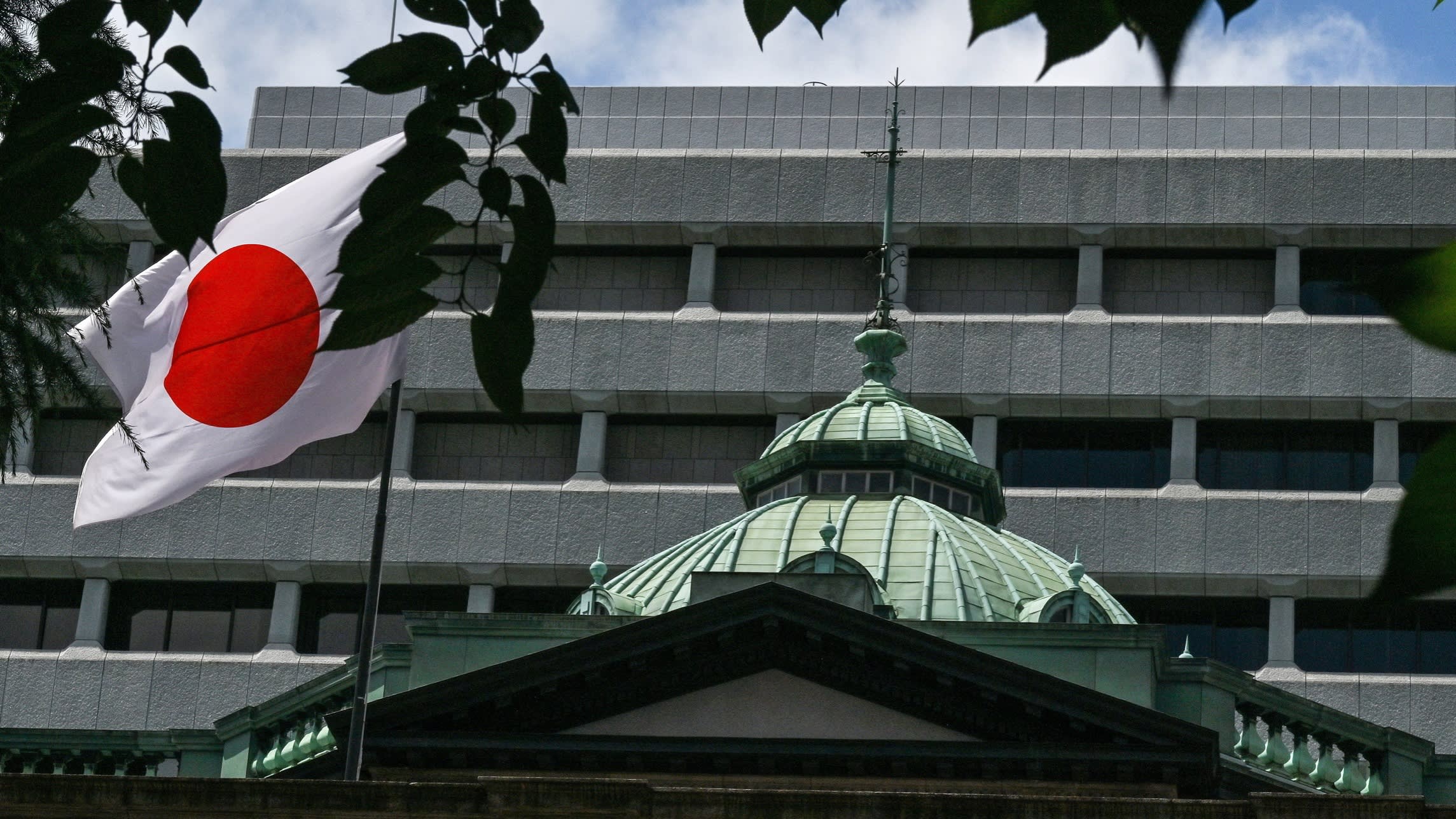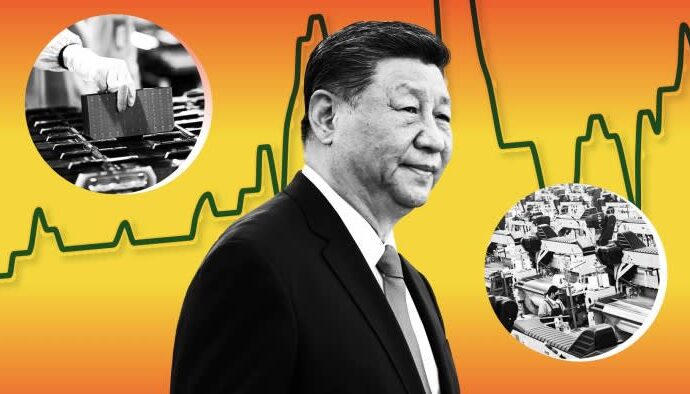
Unlock the Editor’s Digest for free
Roula Khalaf, Editor of the FT, selects her favourite stories in this weekly newsletter.
The Bank of Japan kept interest rates on hold on Thursday but increased its inflation forecasts, prompting speculation that the central bank might be ready to tighten monetary policy later this year.
The central bank said on Thursday that it had unanimously decided to hold short-term interest rates at 0.5 per cent following its two-day meeting, a move widely expected by analysts
In a quarterly outlook report, the BoJ revised its median forecast for core consumer inflation for fiscal 2025 from 2.2 per cent to 2.7 per cent, taking account of rising food prices.
The central bank also slightly increased its expectations for core inflation in the following two fiscal years.
“People had expected the BoJ to nudge up fiscal 2025 due to the data we’ve seen so far, but they thought they would leave fiscal 2026 and 2027 unchanged,” said Stefan Angrick, Japan economist at Moody’s Analytics.
“They had brought those numbers down as tariff fears started to bite earlier in the year and now they are going up again. That all suggests that rate hikes are not just back on the agenda but could even happen this year,” he added.
The decision by the Japanese central bank follows on the heels of the US Federal Reserve signalling that it could hold interest rates steady at least through September, as it defies President Donald Trump’s repeated calls for lower borrowing costs.
The BoJ governor, Kazuo Ueda, is due to speak on Thursday at a media conference, with investors looking for hints as to how he sees the risks from lingering tariff uncertainty and political turmoil in Japan, where prime minister Shigeru Ishiba lost an election this month.
The trade deal between the US and Japan this month — imposing 15 per cent tariffs on Japanese goods imported into America — lowers the risks facing the central bank but there is still uncertainty about how the agreement will operate.
In its statement on Thursday the BoJ noted “positive developments in trade and other policies” but said “it remains highly uncertain how trade and other policies in each jurisdiction will evolve and how overseas economic activity and prices will react to them”.

